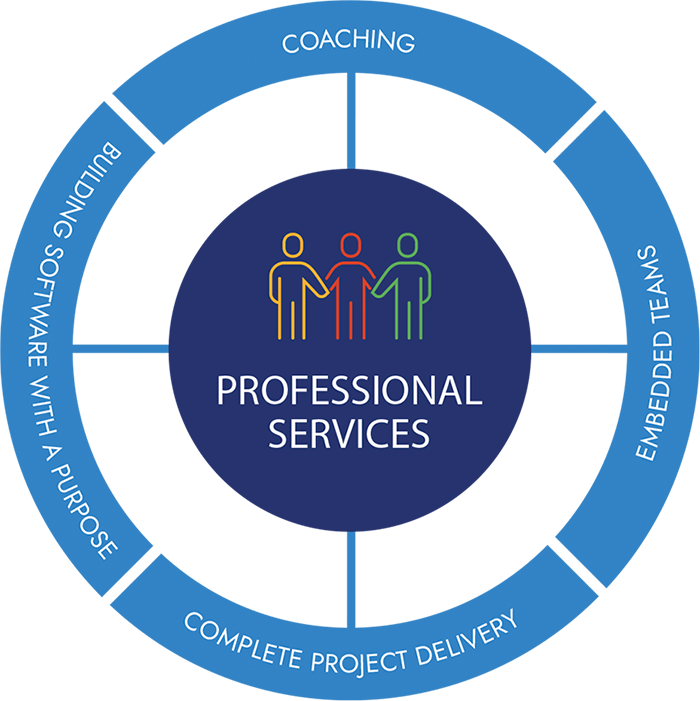Professional Support Services
Understand Client Needs :
Begin by having detailed discussions with your clients to understand their specific recruitment needs,
including the roles they are hiring for, the qualifications and skills required, company culture, and
any specific challenges they face.
Tailored Recruitment Strategy :
Based on the client's needs, create a customized recruitment strategy. This could include determining
sourcing channels, crafting job descriptions, setting up interviews, and conducting background
checks.
Regular Communication :
Maintain open and transparent communication with your clients throughout the recruitment
process. Update them on the progress, share candidate profiles, and gather feedback to refine the
search criteria.
Candidate Sourcing :
Utilize various sourcing methods such as job boards, social media, networking, and direct outreach
to identify potential candidates. Your expertise in this area can help your clients tap into both active
and passive talent pools.
Screening and Assessment :
Conduct thorough screening of candidates by reviewing their resumes, conducting initial interviews,
and assessing their skills and qualifications. Provide detailed feedback to clients about each
candidate's strengths and potential fit.
Interview Coordination :
Schedule and coordinate interviews between clients and candidates, ensuring that both parties have
all the necessary information and are well-prepared for the discussions.
Candidate Experience :
Ensure that candidates have a positive experience throughout the recruitment process. This includes
clear communication, timely updates, and assistance with logistics for interviews.
Feedback Loop :
After each interview stage, gather feedback from both clients and candidates. Use this feedback to
refine your search criteria and adjust the recruitment strategy as needed.
Reference Checks and Background Verification :
Assist clients in conducting reference checks and background verification for the final candidates,
ensuring that the information provided by candidates is accurate and reliable.
Negotiations and Offer Management :
Help clients navigate salary negotiations and manage the offer process. Your experience can guide
both clients and candidates toward a successful offer acceptance.
Onboarding Support :
Offer advice to clients on effective onboarding processes to ensure a smooth transition for the
selected candidates into their new roles.
Post-Placement Follow-Up :
Stay connected with both clients and candidates even after the placement is made. This helps in
building long-term relationships and addressing any potential concerns.
Continuous Improvement :
Regularly review your processes and services to identify areas for improvement. Seek feedback from
clients and candidates to understand their experience and make necessary adjustments.
Technology and Tools :
Leverage recruitment software and tools to streamline processes, manage candidate databases, and
track progress. This can help you provide a more efficient service to your clients.
Professional Training :
Invest in ongoing training for your recruitment team to keep them updated on the latest industry
trends, best practices, and communication skills.
By following these steps and focusing on delivering exceptional value to your clients throughout the
recruitment process, you can establish a reputation for offering professional and effective support
services. This will lead to client satisfaction, repeat business, and referrals in the competitive
recruitment industry.
